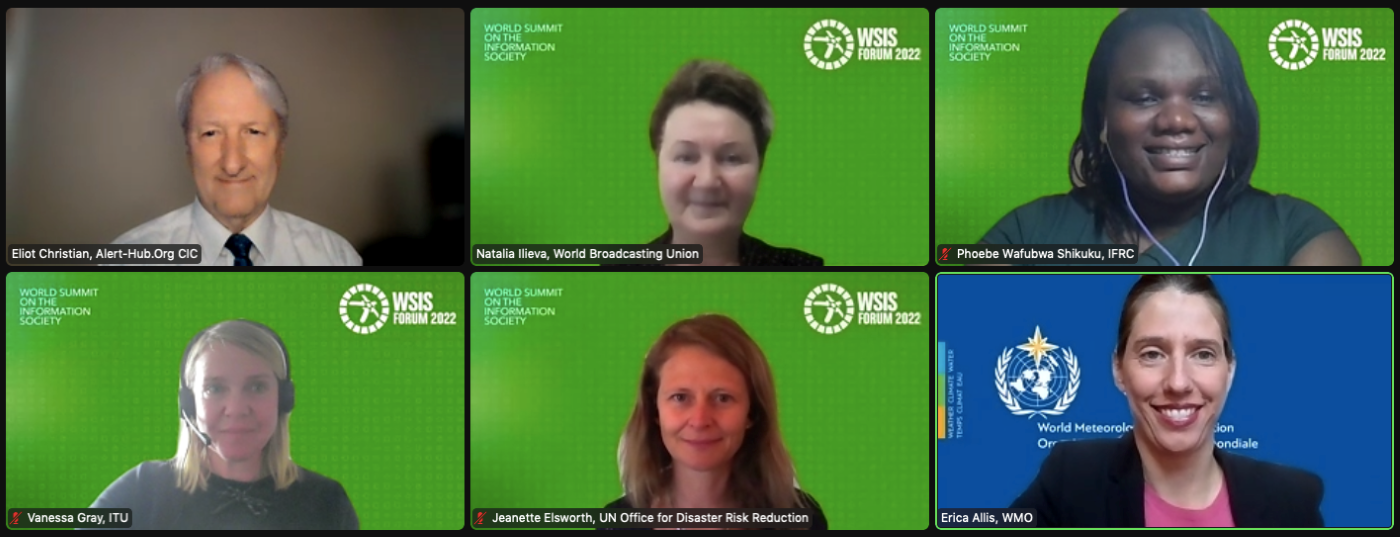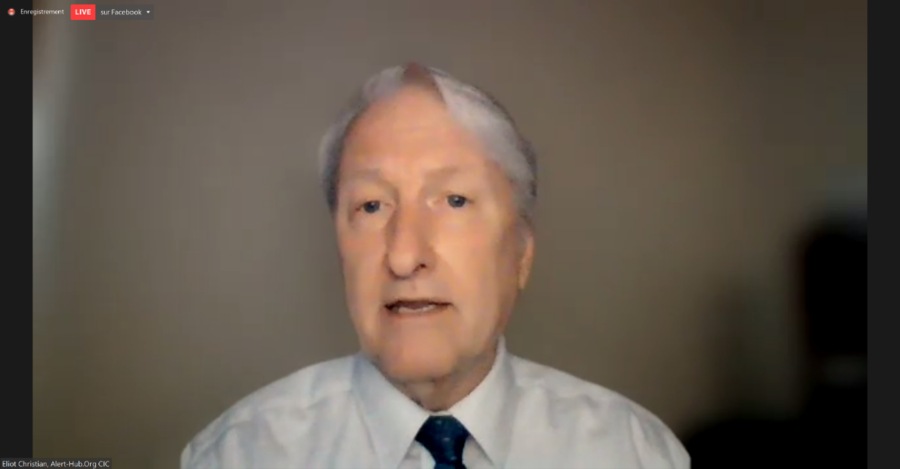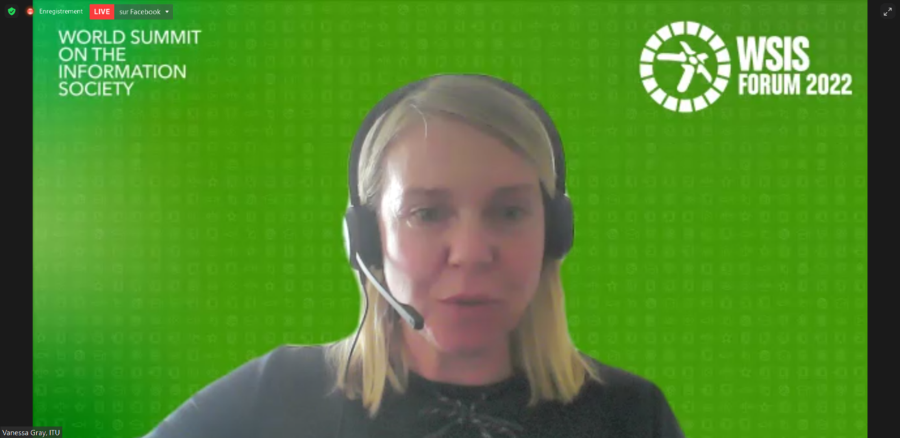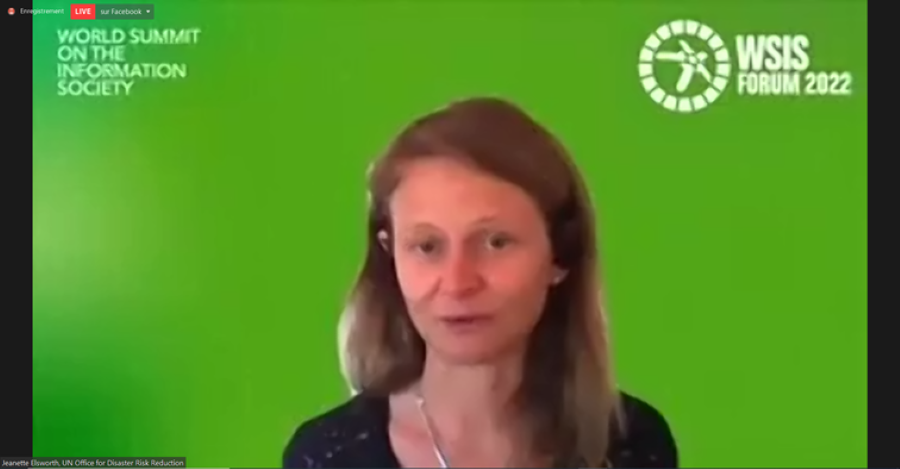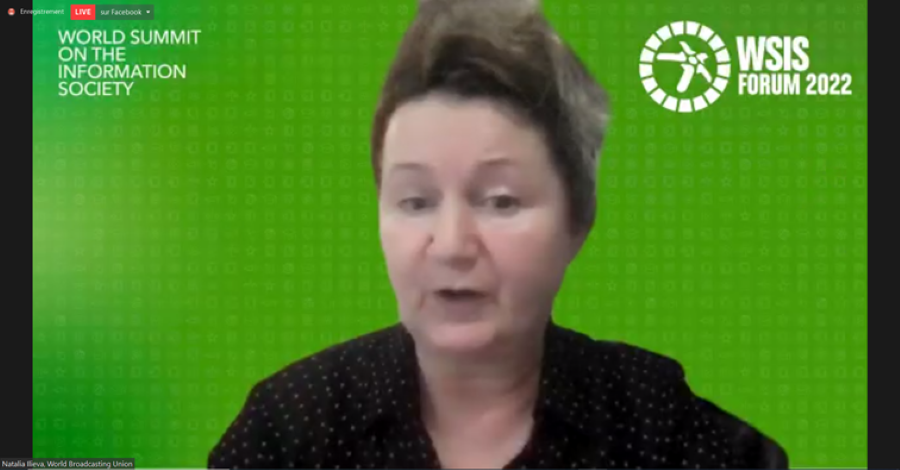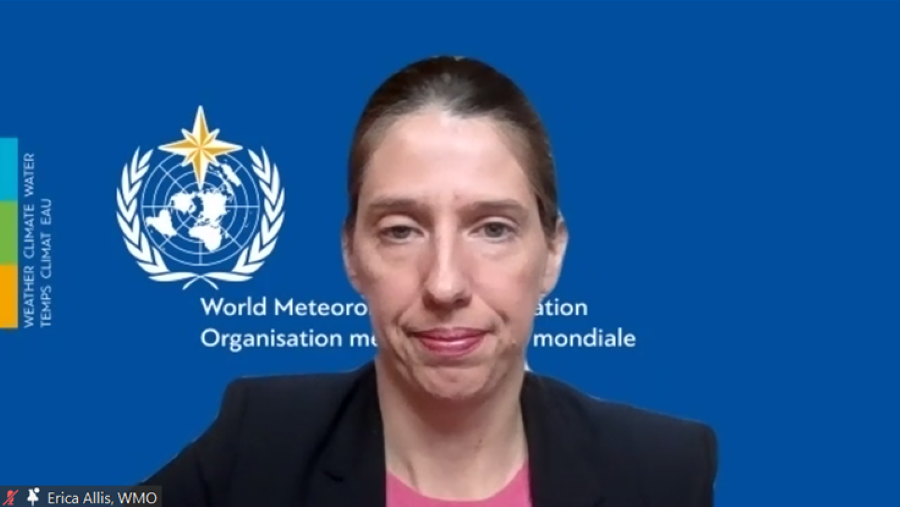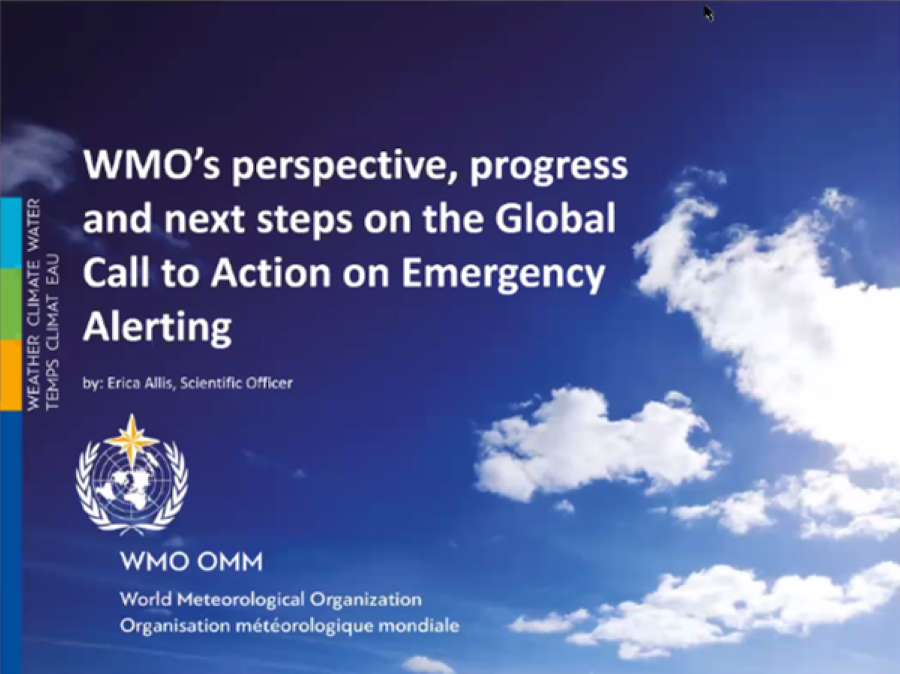The Global Call to Action on Emergency Alerting
Alert-Hub.Org CIC (Community Interest Company)
Session 238
Despite today's amazing telecommunications services, too many people in harm's way still do not get timely and effective emergency alerts so they can protect lives and livelihoods. This is largely because traditional emergency alerts are bulletins or press releases, composed of unstructured text and not well suited to automated processing. Timely and effective emergency alerting across all media only became feasible in 2001, when the international standard Common Alerting Protocol (CAP) was agreed.
Today, 74% of the world's population lives in a country with at least one national CAP news feed operating. Yet, a large percentage of countries without CAP are "developing countries". Sadly, those countries are especially vulnerable to disasters.
Recognizing this CAP implementation gap, international organizations, international NGOs, and international companies involved in emergency alerting are urged to endorse the Call to Action on Emergency Alerting:
"To scale up efforts to ensure that by 2025 all countries have the capability for effective, authoritative emergency alerting that leverages CAP".
This session features five panelists, each representing a major international organization that has endorsed this Call to Action:
- International Federation of Red Cross and Red Crescent Societies (IFRC)
- International Telecommunication Union (ITU)
- United Nations Office for Disaster Risk Reduction (UNDRR)
- World Broadcasting Unions (WBU)
- World Meteorological Organization (WMO)
Each Panelist will bring their perspective on the Call to Action, explaining how they are pursuing the objective as well as what challenges and opportunities they foresee.
The Moderator will briefly note the ongoing efforts of the other fourteen endorsers of the Call to Action on Emergency Alerting: AccuWeather, Alert-Hub.Org CIC (Community Interest Company), Asia-Pacific Broadcasting Union, EUMETNET MeteoAlarm, European Emergency Number Association, Everbridge, Google, International Association of Emergency Managers, Meteoblue, OASIS Open, Open Commons Consortium, OpenBroadcaster, Traveller Information Services Association, and Vint Cerf (as an individual).

Eliot Christian is CEO of the non-profit Alert-Hub.Org CIC (Community Interest Organization). He is also a pro bono consultant to various organizations, consulting on CAP and conducting CAP training for IFRC, ITU, UNDRR and the US Agency for International Development. He leads the Filtered Alert Hub initiative on behalf of the U.S. NOAA. He is also a pro bono consultant to, and retired from, WMO. He was a chief architect of the WMO Information System and the Global Earth Observations System of Systems. Eliot is retired from the United States Geological Survey (USGS) where for many years he helped lead broad programs for environmental data sharing. Since 2001, he has been active in developing and promoting CAP, especially internationally.
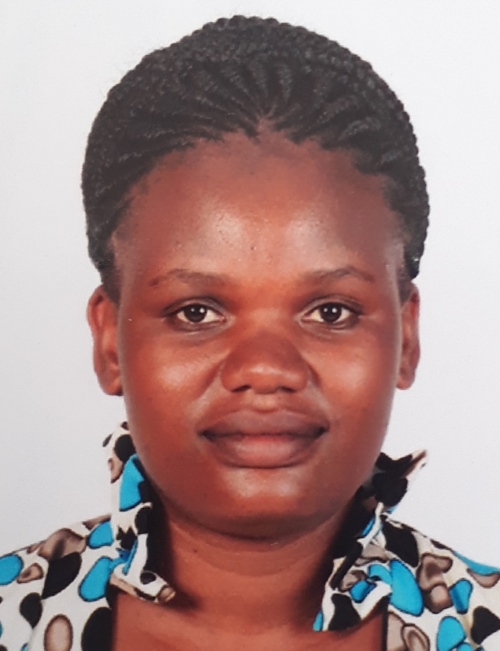
Phoebe Wafubwa Shikuku is a Disaster Risk Reduction & Forecast based Financing Advisor at IFRC. She has over eight years of experience in Climate Services. This includes Forecast based Financing, Weather and Climate Forecasting, Climate Information Services for Early Warning Early Action, Planning and Decision Making, capacity building and strengthening of stakeholders, Disaster Risk Reduction, Climate Change Adaptation and Resilience Programming.
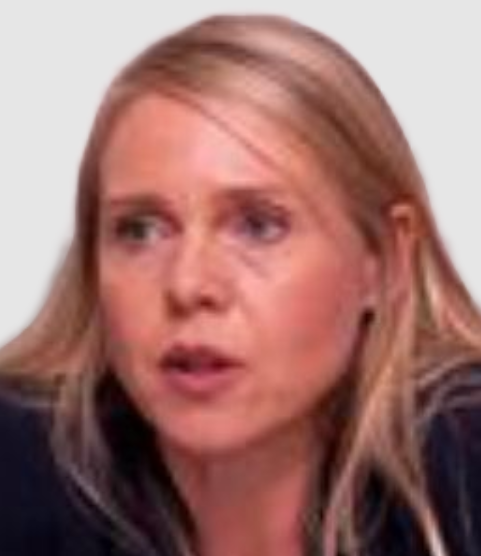
Vanessa Gray heads the ITU Development Sector (ITU-D) Environment and Emergency Telecommunications Division. In this role, she is responsible for studying needs, developing specific programs of assistance, and identifying ICT for Development opportunities. She also coordinates emergency telecommunications, developing ICT projects that provide assistance for disaster prevention, preparedness, mitigation, response, and recovery. Her Division is responsible as well for ITU-D programs on e‑waste and climate change adaptation. Prior to this position, Vanessa was in the ITU ICT Data and Statistics Division where she contributed to analytical publications, organized ICT‑related meetings, and delivered national and regional training on ICT statistics. Vanessa holds a Master’s degree in Political Science and Economics from the Graduate Institute of International and Development Studies in Geneva, Switzerland.
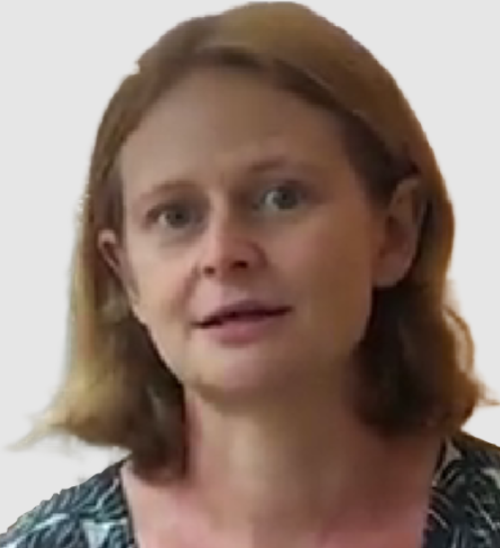
Jeanette Ellsworth is the Chief, Communications, Advocacy, Knowledge Management and ICT, at UNDRR. She is a communications professional with nearly 20 years' experience, including eleven years leading communications teams at the UN, combined with six years in broadcast journalism at the BBC and two years in a policy role at the Foreign and Commonwealth Office. She specializes in strategic communications and promoting the role of the media as a stakeholder in development, rather just an information vehicle.
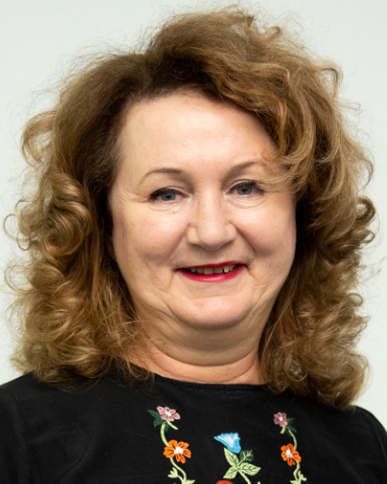
Natalia Ilieva is Head of the Asia-Pacific Broadcasting Union (ABU) Secretary General’s Office. She is responsible for strategic development, members, external relations and marketing. She began her career in Bulgarian National Television and has since worked in the media for more than 20 years, including ten years in the BBC World Service. Natalia holds an MBA from the University of Ottawa, Canada and the University of Kent, UK. Prior to her ABU role she worked at Thomson Foundation, the Commonwealth Broadcasting Association, Forward, and the AIBD, where she oversaw the development of Gender Guidelines for Asia-Pacific broadcasters.

Erica Allis is a Senior Programme Manager for the Global Framework for Climate Services based at the World Meteorological Organization in Geneva, Switzerland. She leads in developing strategies and partnerships to accelerate the availability, access, and use of weather and climate services to empower countries and vulnerable communities to anticipate and manage the risks and opportunities associated with climate variability and change. Erica previously served as the Associate Director of the International Research Institute for Climate and Society at Columbia University. She has led research and climate action across Asia, Africa, South America and the Pacific in the agriculture/food security, water, disaster risk reduction, energy, tourism, manufacturing, and fisheries sectors. She holds a Bachelor’s degree in Geology/ Hydrology from the University of Arkansas and a Master of Public Affairs from the University of Texas. Earlier in her career, she worked at UNEP, SNV Nepal, and URS Corporation.
-
 C1. The role of governments and all stakeholders in the promotion of ICTs for development
C1. The role of governments and all stakeholders in the promotion of ICTs for development
-
 C2. Information and communication infrastructure
C2. Information and communication infrastructure
-
 C3. Access to information and knowledge
C3. Access to information and knowledge
-
 C4. Capacity building
C4. Capacity building
-
 C6. Enabling environment
C6. Enabling environment
-
 C7. ICT applications: benefits in all aspects of life — E-government
C7. ICT applications: benefits in all aspects of life — E-government
-
 C8. Cultural diversity and identity, linguistic diversity and local content
C8. Cultural diversity and identity, linguistic diversity and local content
-
 C9. Media
C9. Media
-
 C10. Ethical dimensions of the Information Society
C10. Ethical dimensions of the Information Society
-
 C11. International and regional cooperation
C11. International and regional cooperation
The Global Call to Action on Emergency Alerting has the goal to help countries assure that people in harm's way get timely and effective emergency alerts so they can protect lives and livelihoods. It is primarily focused on transforming traditional emergency alerting practices to leverage modern ICTs, especially digital techniques and electronic networks, including internet, radio, television, mobile phones, and satellites, et al.
Given the primary role of governments in official public alerting and the gap in uptake by developing countries, this session links to WSIS Action Lines: C1, The role of governments and all stakeholders in the promotion of ICTs for development; and C7, ICT applications: benefits in all aspects of life — E-government. This linkage is especially in terms of WSIS Action Lines: C2, Information and communication infrastructure; C3, Access to information and knowledge; and C4, Capacity building. Because public alerting of emergencies deals with life-critical information and is a potential target for malicious disruption and disinformation, the session also links to WSIS Action Line C5, Building confidence and security in use of ICTs.
The CAP-enabled emergency alerting infrastructure is already being exploited as an Enabling environment, so the session links as well to WSIS Action Line C6. For instance, CAP alerts can be sent directly to in-vehicle navigation systems. These alerts inform drivers so they can reroute to avoid danger areas. This technology, embedded in millions of devices, uses the ISO standard "TPEG2 Emergency Alerts and Warnings" in addition to CAP.
Among the ongoing challenges in public alerting of emergencies are assuring that the message is understandable and actionable, and focusing on how to improve service to underserved segments of society. These link this session to WSIS Action Line C8, Cultural diversity and identity, linguistic diversity and local content, and to C10, Ethical dimensions of the Information Society.
Throughout the alert origination and dissemination activities, emergency alerting of the public should be seen as a partnership between many actors, including government, NGOs, civil society, and many commercial organizations as well. This is especially the case for the news media, including "new media" as well as traditional broadcast radio and television. Accordingly, this session links strong to WSIS Action Line C9, Media.
The Global Call to Action on Emergency Alerting is scoped to cover all societies worldwide. In that regard, this session is inherently linked to WSIS Action Line C11, International and regional cooperation.
-
 Goal 11: Make cities inclusive, safe, resilient and sustainable
Goal 11: Make cities inclusive, safe, resilient and sustainable
-
 Goal 13: Take urgent action to combat climate change and its impacts
Goal 13: Take urgent action to combat climate change and its impacts
-
 Goal 15: Sustainably manage forests, combat desertification, halt and reverse land degradation, halt biodiversity loss
Goal 15: Sustainably manage forests, combat desertification, halt and reverse land degradation, halt biodiversity loss
Among the Sustainable Development Goals (SDGs), this session is primarily linked to Goal 11: Make cities inclusive, safe, resilient and sustainable. That is because the vast majority of emergency situations requiring public alerts occur at the scale of local communities and cities.
Those studying Climate Change caution that weather-related hazard threats are becoming even more severe and more frequent over the coming decades. That reality makes it all the more important to enhance emergency alerting in societies worldwide, and links this session to Goal 13: Take urgent action to combat climate change and its impacts.
An enhanced emergency alerting infrastructure can help with Goal 14: Conserve and sustainably use the oceans, seas and marine resources and with Goal 15: Sustainably manage forests, combat desertification, halt and reverse land degradation, halt biodiversity loss. A specific example is the use of CAP in the European SAFERS project, which is focused on emergency alerts for forest fires.
Call to Action on Emergency Alerting https://cap-uptake.s3.amazonaws.com/call-to-action.html
Introducing CAP (video, 2 m 40 s) https://www.youtube.com/watch?v=5IsNdN8ohyk&t=8s
Volcano alert example (video, 1 m 23 s) https://www.youtube.com/watch?v=YthCJEaGrKc
CAP Editor (free tool for implementing CAP) https://cap.alert-hub.org
Alert-Hub.Org CIC https://alert-hub.org/home.html
